The moment a person forms a theory, his imagination sees in every object only the traits which favor that theory
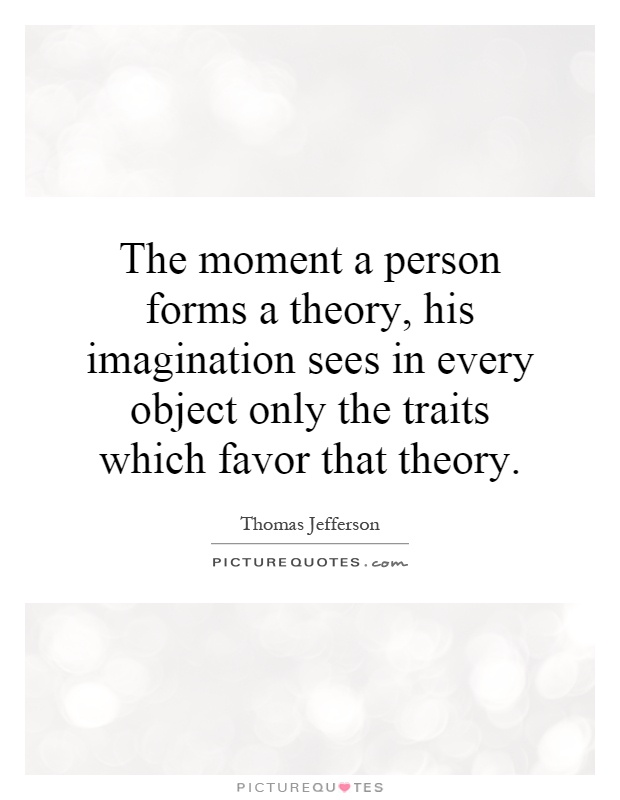
The moment a person forms a theory, his imagination sees in every object only the traits which favor that theory
Thomas Jefferson, one of the founding fathers of the United States, was a man of many theories and beliefs. His imagination was constantly at work, forming new ideas and perspectives on the world around him. Jefferson was known for his innovative thinking and his ability to see things in a different light than others. However, this unique trait also had its drawbacks, as Jefferson often fell victim to the tendency to only see traits in objects that favored his theories.One of Jefferson's most well-known theories was his belief in the importance of agriculture and the yeoman farmer in American society. He saw the farmer as the backbone of the nation, providing sustenance and stability for the country. Because of this belief, Jefferson tended to view everything through the lens of agriculture. He saw the virtues of hard work, self-sufficiency, and independence in every object he encountered, whether it be a piece of land, a person, or a government policy.
This tendency to only see traits that favored his theories sometimes led Jefferson to overlook important details or alternative perspectives. For example, in his pursuit of an agrarian society, Jefferson often downplayed the importance of industry and commerce. He believed that a nation of farmers would be more virtuous and free than one dominated by factories and urban centers. While there is certainly merit to Jefferson's argument, his narrow focus on agriculture may have blinded him to the benefits of a more diverse economy.
Despite this limitation, Jefferson's imaginative thinking and theory formation were crucial to his success as a statesman and philosopher. His ability to see the world in a unique way allowed him to envision a new form of government based on democratic principles and individual rights. Jefferson's theories on government and society continue to influence political thought to this day, demonstrating the power of imagination in shaping the world around us.

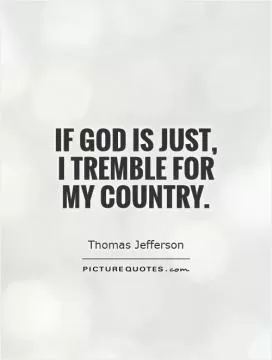
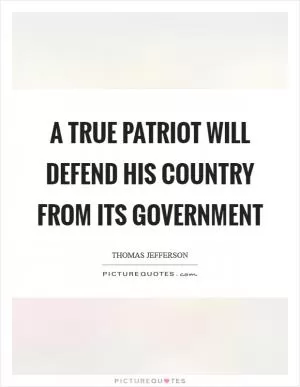
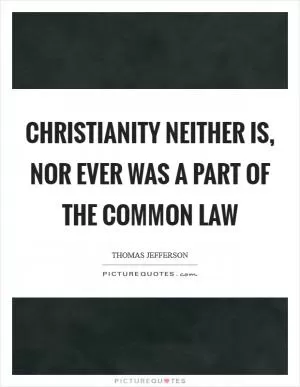
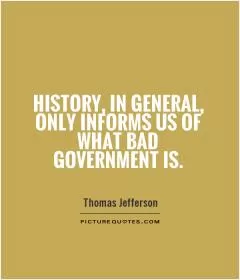
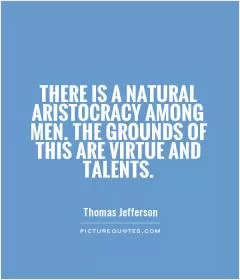
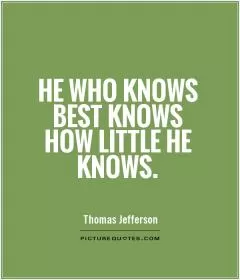
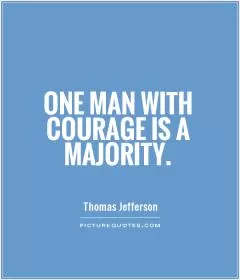
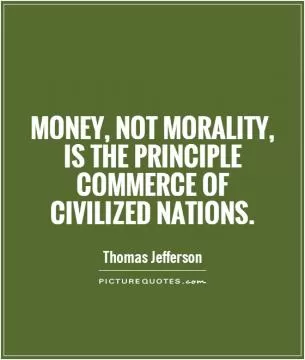
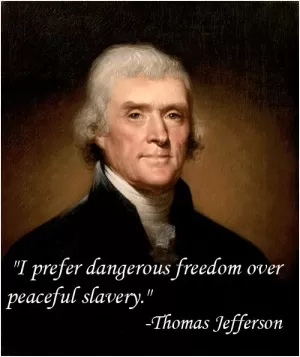
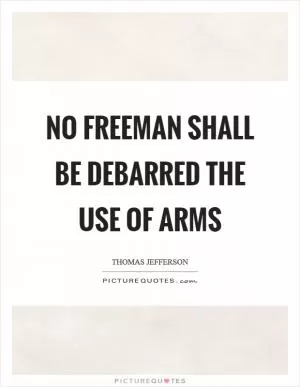
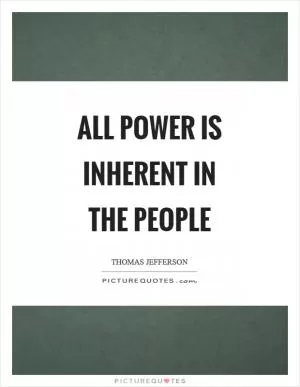
 Friendship Quotes
Friendship Quotes Love Quotes
Love Quotes Life Quotes
Life Quotes Funny Quotes
Funny Quotes Motivational Quotes
Motivational Quotes Inspirational Quotes
Inspirational Quotes